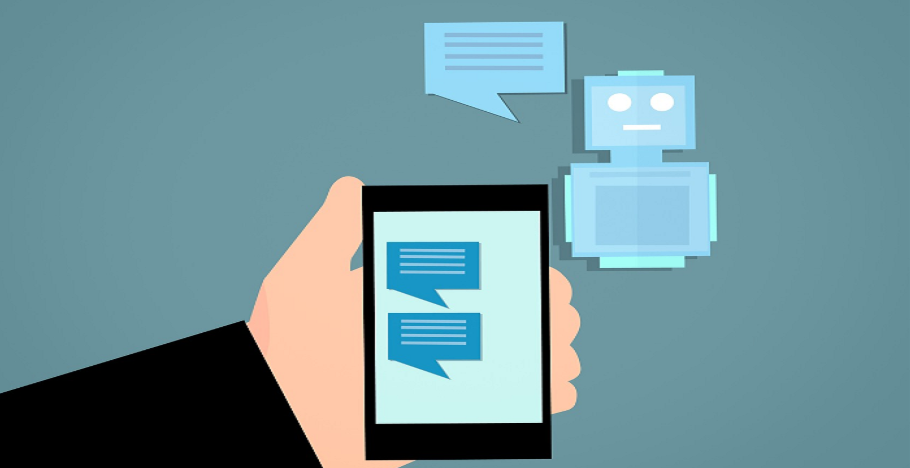
Anything worthwhile starts with a conversation. And as an application of artificial intelligence (AI), chatbots have the potential to catalyze developments in industries. A smart route to automating rendered services, chatbots create opportunities to improve customer engagement and operational efficacy in businesses.
From customer relations, to IT helpdesks, human resource FAQs, marketing, and sales, chatbots are now practically everywhere. In fact, the global chatbot industry is projected to reach $5.6 million by 2023.
As companies like Facebook and Telegram are already providing their won platforms are chatbots, industries are fast developing chatbot applications to add value and drive change. With its growing use cases, chatbots are starting to dominate mobile consumer markets and progressive digital industries. With that in mind, here are four ways chatbots are changing the world:
Finance Chatbots
Nearly 75% of all bank interactions currently take place online and via mobile devices. Wells Fargo, Bank of America, and Capital One have had in-app chatbots for years now that aim to optimize the banking experience. AI-fueled chatbots provide conversational banking to customers and automate replies that are helping to personalize financial transactions. With chatbots on the frontline, bankers and consumers now enjoy multi-channel and omnipresent customer service from their banks.
Mortgage and loan chatbots are key developments in conversational banking. With bots that are constantly learning, the speed of response and transactions are improving on a daily basis. As a result, the less human involvement in transactions also reduces costs, risks, and errors.
Health Chatbots
Chatbots are also shaping the health industry. With natural language processing, health chatbots are being used for a range of things such as discussing symptom to automating appointment bookings. Instead of scouring sites like Mayo Clinic and WebMD, the Sensely chatbot provides patients with access to symptoms and health information at their fingertips.
Meanwhile, chatbots like SafeDrugBot enables doctors to immediately view pertinent drug information and any safety considerations – providing data-driven support at the palm of their hand. With instant AI-powered assistance, health professionals will be able to cater to their patients better than ever before.
Legal Chatbots
One of the key areas to overcome in legal tech right now is automating eDiscovery. Companies are racing to find the quickest ways to categorize documents by relevance – and as accurately as possible. With machine learning, more legal firms are investing in “predictive coding” to maximize both precision and recall when it comes to tagging legal documents.
Using natural language processing found in chatbots, translation company SDL provides a Multilingual eDiscovery Solution to access foreign language case-related content. Processing and collecting electronically stored evidence in itself already presents a legal challenge. It becomes even more challenging if the evidence has been stored across international borders, the obstacles of which are explained in Special Counsel’s ‘Cross-Border eDiscovery: An Introduction to Cultural and Legal Obstacles’. With this technology, contextual language will no longer be a barrier and tagging and recalling evidence will just be a chat away.
Dealership Chatbots
Car dealerships can be stressful and complicated places for consumers to navigate. With the deployment of automotive chatbots on platforms like Facebook, car buyers can now compare car prices through a single conversation.
Chatbots in the automotive industry can even answer complex dealer-specific questions, according to Martech Today. From browsing inventory, to determining car trade-in values, checking credit scores to whether they pre-qualify for finance offers, or simply making appointments, consumers are afforded valuable information 24/7.
